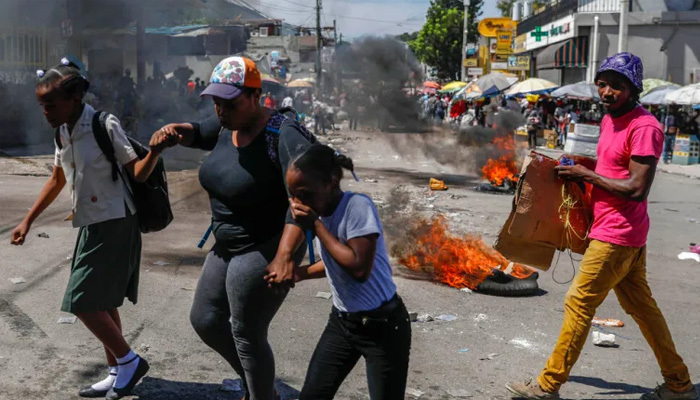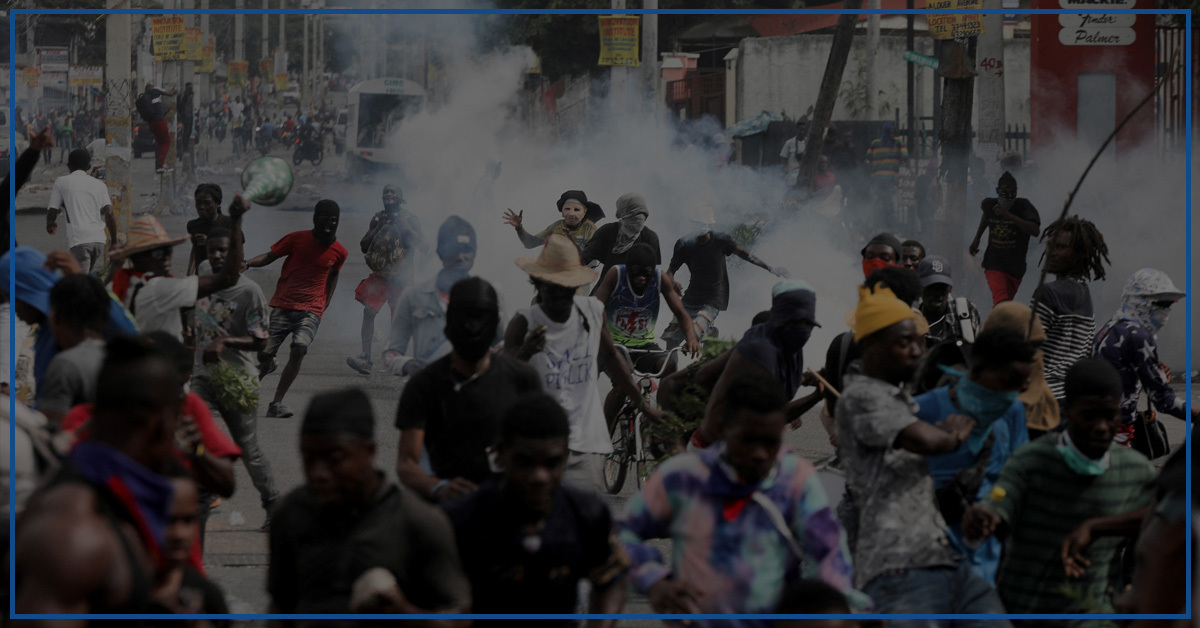The United Nations has strongly condemned the extreme violence unfolding in Haiti, shedding light on the grim reality of the ongoing crisis. Recent statistics reveal that an additional 902 people have been wounded, and 951 have been abducted, as Haiti grapples with rampant gang violence and acts of vigilantism.
This surge in violence is the result of a complex interplay of factors, including political instability and economic struggles. Haiti has been plagued by deep-seated corruption within its government, and in 2021, President Jovenel Moise was tragically assassinated in his own residence by gunmen.
During a press briefing, the UN reported a staggering 2,439 deaths since the beginning of the year, with 5,000 individuals displaced just in the past weekend. The situation has reached a point of extreme brutality that has alarmed the international community.
Haiti’s economy has also been severely impacted by a series of political crises and natural disasters, including droughts, hurricanes, floods, and the devastating earthquake of 2010. These events have led to food shortages and exacerbated the country’s already dire circumstances.

In the midst of these crises, powerful gangs have seized control of significant portions of Haiti, including nearly 60 percent of the capital, Port-au-Prince. The situation remains volatile, as acts of violence continue to shake the nation.
In a recent incident, a local municipal representative, along with his wife and child, were tragically shot and killed in their home in the Decayette neighborhood of Port-au-Prince by alleged gang members. Just hours earlier, five men and two women from the same family lost their lives when their home in the Carrefour-Feuilles neighborhood was set ablaze by the Grand Ravine gang. These victims were believed to have expressed support for community self-defense groups that have formed in opposition to the gangs.
However, the rise of these self-defense groups and other “popular justice” movements has led to a disturbing increase in vigilante violence. Since late April, over 350 individuals, including a police officer and those with no gang affiliations, have been subjected to lynching in such efforts.
Haiti’s Prime Minister, Ariel Henry, has repeatedly sought international assistance to quell the violence. Kenya agreed to lead a proposed multinational effort to send 1,000 police officers to the embattled country. Nevertheless, Jimmy Cherizier, leader of the G9 Family and Allies gang alliance, has issued a warning that they will resist any international force if it commits human rights abuses, emphasizing the Haitian people’s determination to safeguard their country’s dignity.





